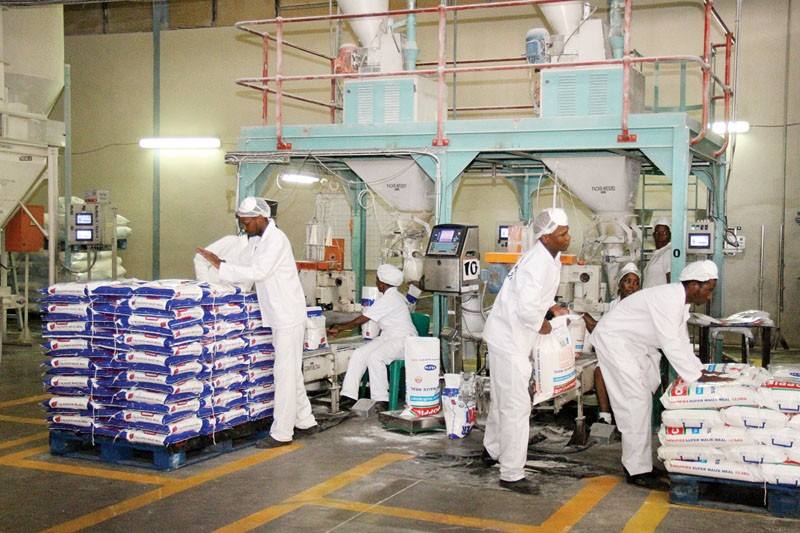The Economics of the Shrinking Household Purse
ELIASU JALLOH
In their latest press release, Bokomo Botswana (pty) Ltd says citizens can look forward to an increment in prices of flour by 14.7% and maize by 20.8% effective 1st August. According to the press release, this is a result of the ongoing global rise in the prices of raw materials and the increase in the cost of transporting goods caused by the rise in fuel prices.
According to Dr. Jefferies, the latest inflation data from Statistics Botswana shows that there is an overall inflation rate of 11.9% but varied on different commodities. He added that however, the main contributing factor to higher inflation in the country on the Consumer Price Index basket is fuel which shows an inflation rate of 52% since last year and the annual inflation rate on vegetables as of March was 9%.
Impact on lower salary workers and students
On a projection, the increment of fuel prices, which is agreed to hurt other essential commodities, will hit the expenditures of students in Botswana. Students are only receiving P1,620 per month, and with the increase in prices, they will not stand the test of time. An average student’s expenditure runs through the procurement of books, rent, transport fare, printing, food, etc, and in light of this economic turbulence, it will impede the smooth running of their budgets without an increment on the monthly allowance they receive.
As economic hardship hits, it does so on a large scale, and it affects employees, just as students. A security guard in Botswana works 12 hours and earns P7.34 an hour, in total, he makes P2,642.40 a month country, it will be challenging for them to stand the increment in prices of these commodities.
An increase in maize and flour prices, which are one of the most consumable goods in the country, will hurt their expenditure. This cannot be overemphasized, so long as there will be no increment in wages to soothe the increase of these commodity prices, they will face hardship.
Below is a real-life household budget table that showing the economic implications of the current inflation rate on a security guard salary.
Considering this monthly expenditure budget, the take home for a security guard earning P2,642 BWP a month is P32.00.
The current global economic crisis has caused countries around the world to effect policies that will alleviate the burden on their citizens; even countries with bigger economies are adversely hit. As things stand it requires prudent leadership to stand the test of time.

